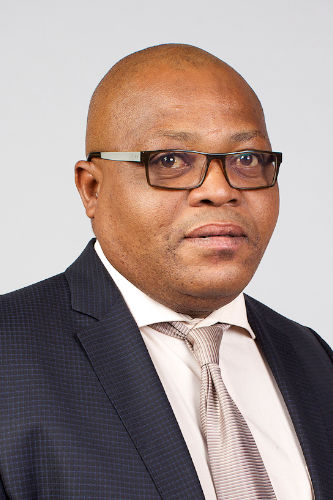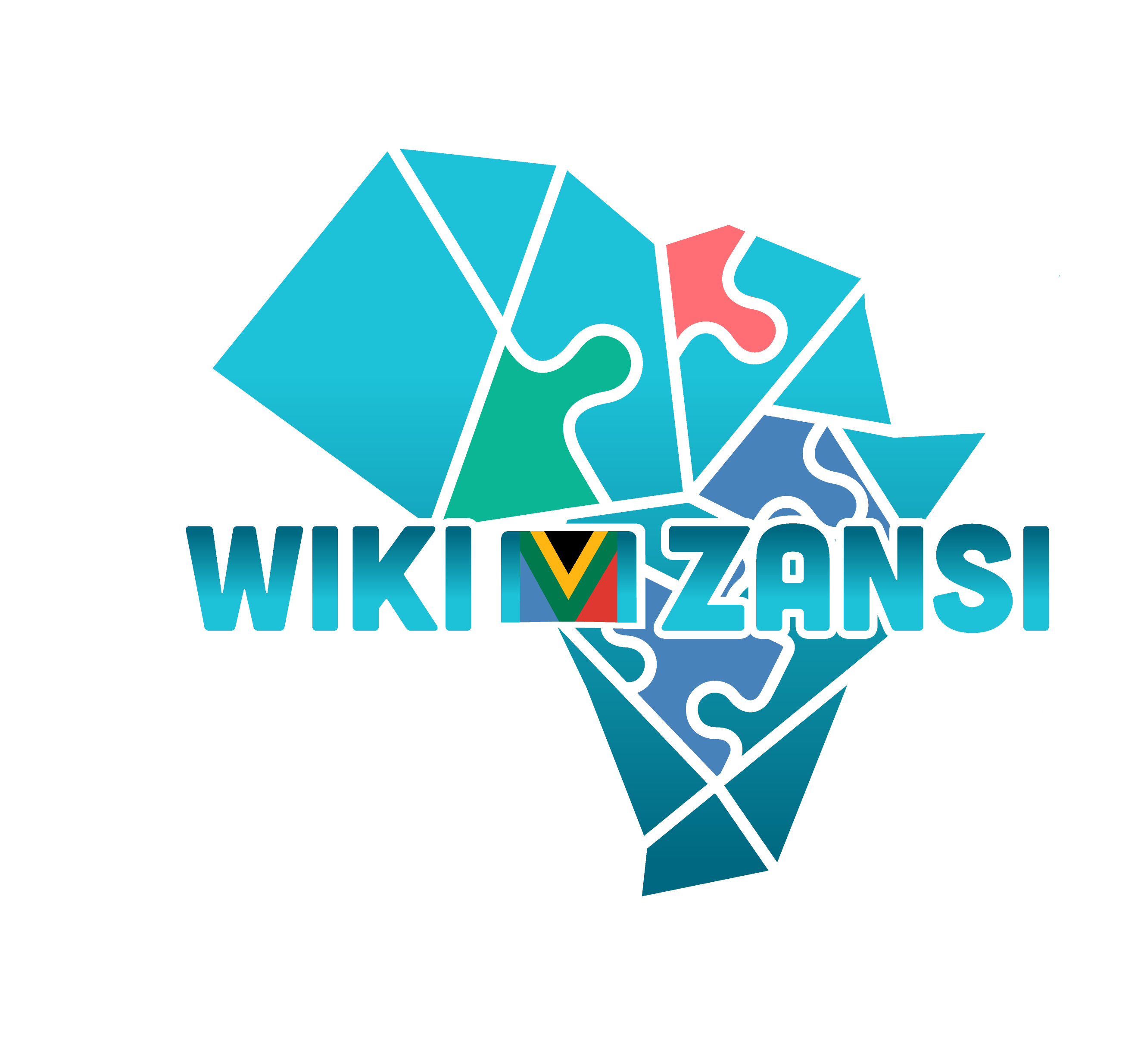Raseriti Johannes Tau

Raseriti Johannes Tau, a father of four, commonly known as “Papi”, started being politically conscious at a tender age of 13, and this was greatly influenced by his uncles and material conditions which surrounded him at the time.
Born to a single parent on December 12, 1970 in Galeshewe (Kimberley), and raised by his grandmother, Tau started his political life in 1985 and joined the youth wing of the United Democratic Front, Galeshewe Student Organisation, Galeshewe Youth Organisation and a volunteer of the South African Civic Organisation.
During his early years at Tlhomelang Senior Secondary School, he became the Organiser of the Congress of South African Students (COSAS), later elected Provincial Organiser and served as the President of the Student Representative Council (SRC). This led to his expulsion and blacklisting in all secondary schools around Galeshewe Township, forcing him to abandon his home and settle in Bloemfontein until 1987 where upon returned home.
After matriculating in 1990, he enrolled for a diploma in Youth and Community Development in Ipeleng Youth Development Agency. This is where his skills as a community worker were further developed as he founded Maspro- a matriculant rewriting programme aimed at Soweto youth who struggled with their studies. He further tutored economics and accounting.
In 1990 after the unbanning of Political Parties, he was deployed by the ANC to assist with re-launching of the African National Congress (ANC) and the African National Congress Youth League (ANCYL) structures, within the Province of Northern Cape.
In 1993, he was employed by the National Youth Development Trust as a youth organiser responsible for the Eastern, Western and Northern Cape Provinces. His skills did not go unnoticed as he was deployed by the ANC to the Northern Cape Province to work closely with the Independent Electoral Commission (IEC) on youth voter education in preparation for the first democratic elections of 1994.
Finding himself unemployed in 1995, the release of the juveniles in 1996 by the then President Nelson Mandela, reignited his passion of youth development where he designed a programme for Gaeleshewe place of safety called “children in trouble with the law”. The programme was aimed at reintegrating the juveniles within society. The Department of Social Development accepted the proposal and was later contracted as an auxiliary social worker in December 1996.
Whilst employed by the Department of Social Development, he was elected a shop steward for NEHAWU in 1997 and the following year (1998) the organisation (NEHAWU) recruited him to work fulltime as an Organiser.
His stint at NEHAWU did not last long as the ANC called him the same year to head the Northern Cape Provincial Political Education Unit. His responsibilities in his new portfolio were to educate branches, sub-regions, and regions on ANC policies and the movement’s theoretical and ideological posture.
In 1998 he formed part of the Interim Committee of the South African Communist Party (SACP), which was tasked with launching of branches, regions and the re-launch of the SACP in the province.
In 2000, he was then elected Provincial Chairperson of the SACP, a position he held until 2011. He now serves as an additional member of the SACP PEC in the Northern Cape Province and leads the Economic Transformation Commission.
Between 2000 and 2004 he also served as an ANC Regional Secretary in Francis Baard Region.
In 2004 he served as a permanent delegate to the National Council of Provinces (NCOP) in the third democratic Parliament where he was the Chairperson of the Select Committee on Public Service.
In May 2009, he was again deployed back to the NCOP as House Chairperson of Oversight and Committees.
In May 2014, he was redeployed back to the National Council of Provinces as the Deputy Chairperson of the NCOP, (a position he currently holds).
In the year 2000, he pursued his studies and enrolled for a Masters Degree in South African Political Economy at the then University of Port Elizabeth (now known as Nelson Mandela Metropolitan University) but due to his political commitments, he decided to put his studies on hold.
He later furthered his studies with the University of Cape Town in 2012 completing a certificate programme in Political Economy.
